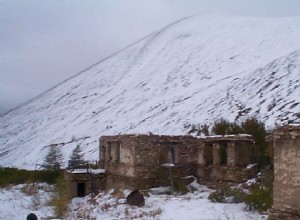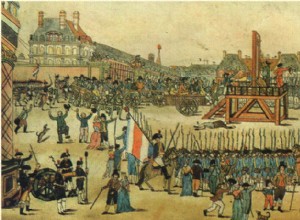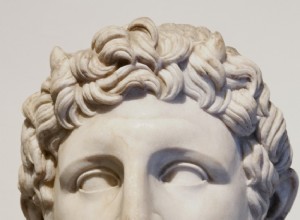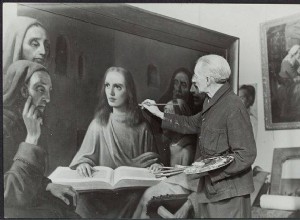Frost down to minus fifty degrees. Starvation food rations. And slave labor, so hard that the standards imposed by the guards were almost impossible to meet. How did the Poles, who ended up in hell on earth - mines in Kołyma, cope? For decades, Kolyma has been synonymous with death, hunger and s




